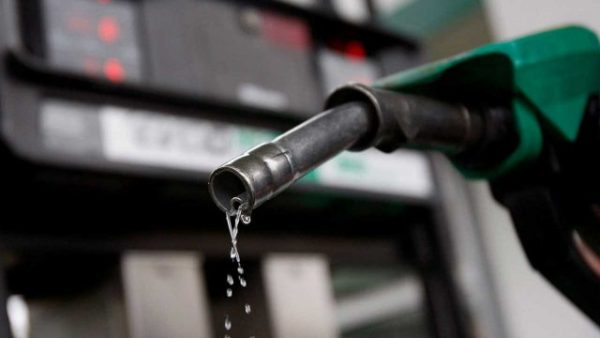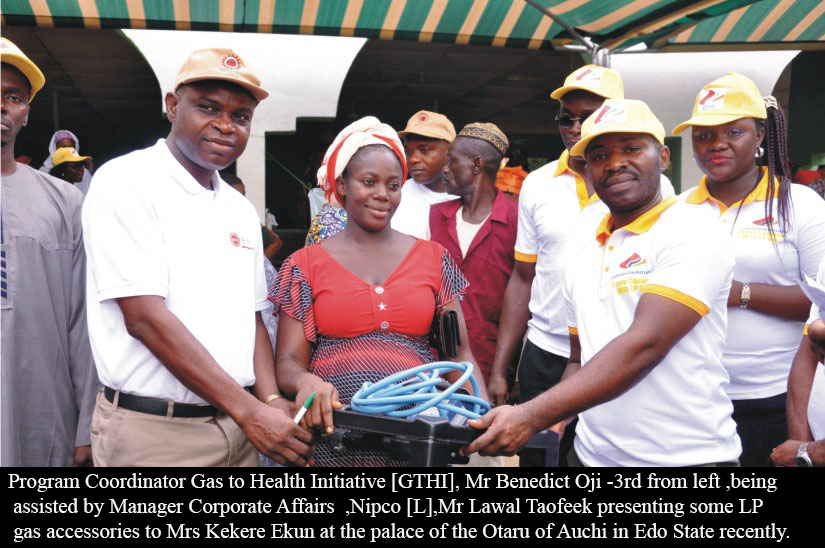Europe’s Fuel Export Market In Trouble After Nigeria Scraps Subsidies

European refiners will lose a portion of a key export market for gasoline after Nigerian consumption slumped following the removal of the fuel subsidies in the African country.
At the end of May, Nigeria implemented a major reform in the domestic fuel retail market after Nigeria’s new President Bola Tinubu removed the fuel subsidies the government was paying for years. The subsidy was a huge cost to the federal government, which last year paid as much as $10 billion for the difference between fuel imported at market prices and sold at discounts to Nigerians.
The removal of the subsidy led to a 28% slump in average daily gasoline consumption in Nigeria in June, the Nigerian Midstream and Downstream Petroleum Regulatory Authority (NMDPRA) said in figures released to Reuters earlier this month.
The end of the government subsidies also decimated the black markets for gasoline in countries neighboring Nigeria such as Cameroon, Benin, and Togo. These markets thrived when cheap subsidized fuel was smuggled from Nigeria into neighboring countries.
But the end of the subsidies now signals lower demand for smuggled fuel in Nigeria’s neighbors, further reducing demand for fuel imports into Nigeria.
With more than a quarter of the Nigerian gasoline market wiped out, European refiners would lose part of their key export market. West Africa and North America have traditionally been the main destinations of European gasoline exports.
The slump in Nigeria’s domestic fuel consumption is set to squeeze refining margins for the European refiners, analysts have told Reuters.
The lower Nigerian demand is set to further pressure European refiners who have seen increased competition from refiners and new refining capacity in Asia and the Middle East in recent years. The winners, if any, from the lower Nigerian gasoline demand would be the recently started-up refineries in the Middle East, analysts told Reuters.







